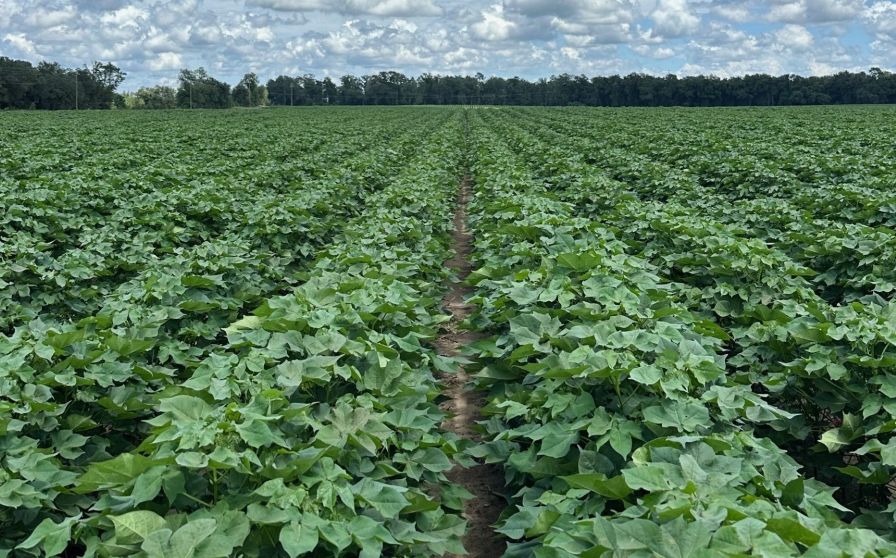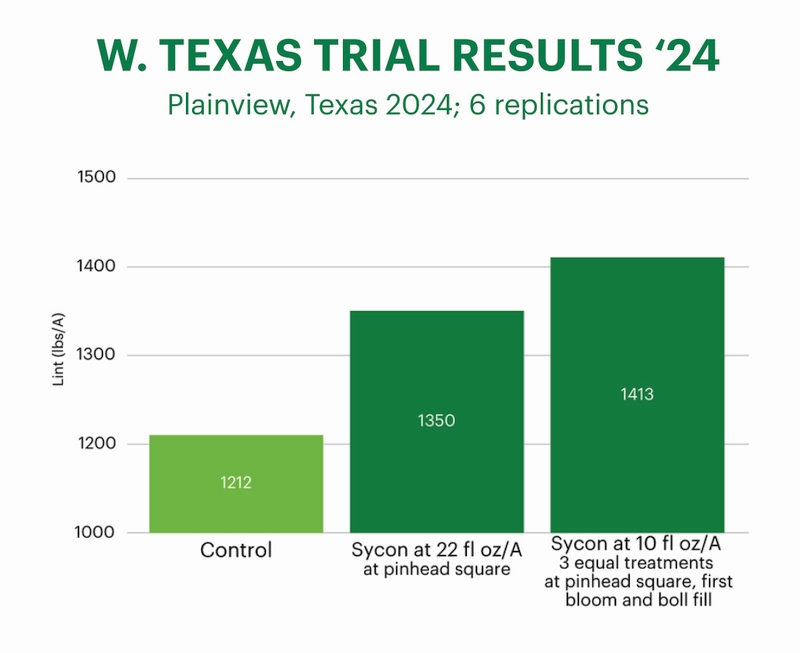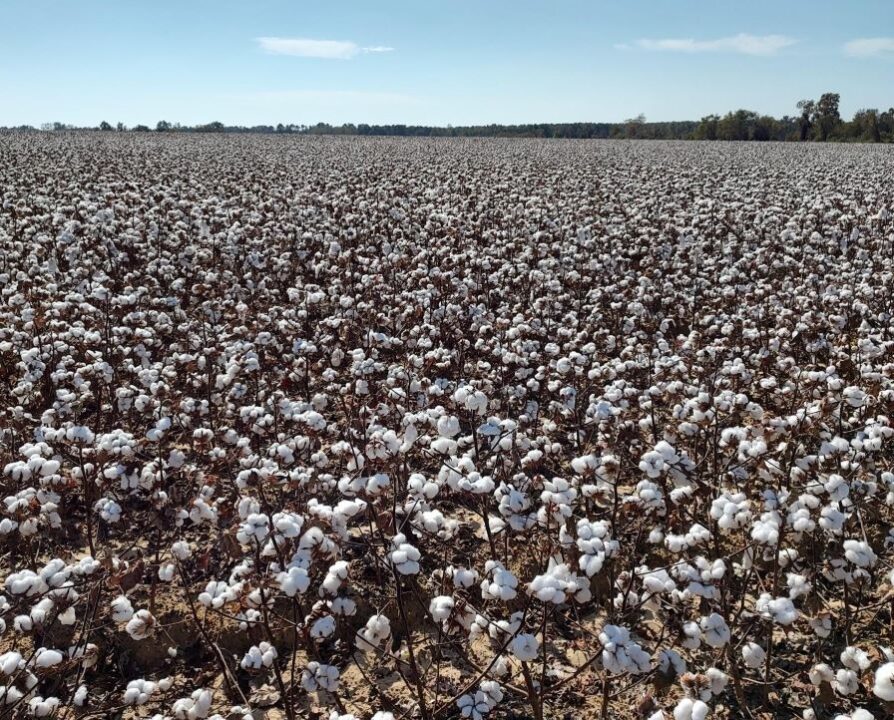New Breeding Traits and Technologies Drive Variety Development
Standing beside a cotton plot south of Lubbock, TX, Ken Legé pointed out the height differences in healthy plants in a field that was never supposed to have cotton on it. The reason: high numbers of reniform nematodes infested the field, creating an inhospitable – likely impossible – environment for cotton.
What made Legé smile was a test of a new PhytoGen experimental variety including a native breeding trait for reniform nematode resistance. The new technology has been in test this year across the Cotton Belt in hot spot areas for reniform infestations. And the results are very promising.
“The cool thing about this reniform trait is that it’s so consistent and so obvious,” explained Legé, PhytoGen Cotton Development Specialist for the Northern High Plains. “I equate it to the first time we saw untreated Bt cotton or a herbicide tolerant crop, and a little ‘this is going to be huge’ light goes off.”
The reniform resistant varieties moved into another year of field evaluation in 2020, with market availability projected for 2021. But from PhytoGen’s perspective, their current product line and promising new varieties should make the wait more than manageable.
Several varieties made an impression in the Western Cotton Belt in 2019, including PHY 210 W3FE and PHY 250 W3FE – both short season varieties with excellent Verticillium wilt tolerance and a natural fit in the Northern High Plains. Legé also remains sold on the benefits of PHY 300 W3FE.
“On the High and Rolling Plains and Oklahoma, PHY 300 W3FE is Mr. Stability,” he said. “It fits this area nicely, is storm proof and grows to a nice height. It can go dryland or irrigated to really help push yields.”
Joel Faircloth, PhytoGen U.S. Cotton Portfolio Manager, points to other varieties with good fits in the Eastern Cotton Belt, including PHY 350 W3FE, a broadly adapted early maturing variety with excellent fiber quality; PHY 480 W3FE which provides mid-to-full maturity with root knot nematode (RKN) resistance; and PHY 430 W3FE – a high yielder that’s pushing to the top of field trials in the Mid-South.
“All of our varieties now have bacterial blight resistance along with the Enlist weed control trait and WideStrike3 insect control technology,” said Faircloth. “All of those traits performed well this year.”
And, nematode resistance is becoming an important part of the entire product line.
“PHY 580 W3FE is a full season variety with RKN resistance that has performed exceptionally well in the lower areas of the Cotton Belt,” said Faircloth. “In Georgia, it especially fits well in a cotton/peanut rotation.”
“One of the things about our focus on RKN and reniform nematodes is that farmers are realizing they have a problem,” explained Faircloth. “A lot of that is probably due to the loss of Temik, which was really just masking the problems. When we demonstrate this resistance technology, folks that didn’t know if they had nematodes or not see that that they’ve never made cotton in their fields like they did this year.”









